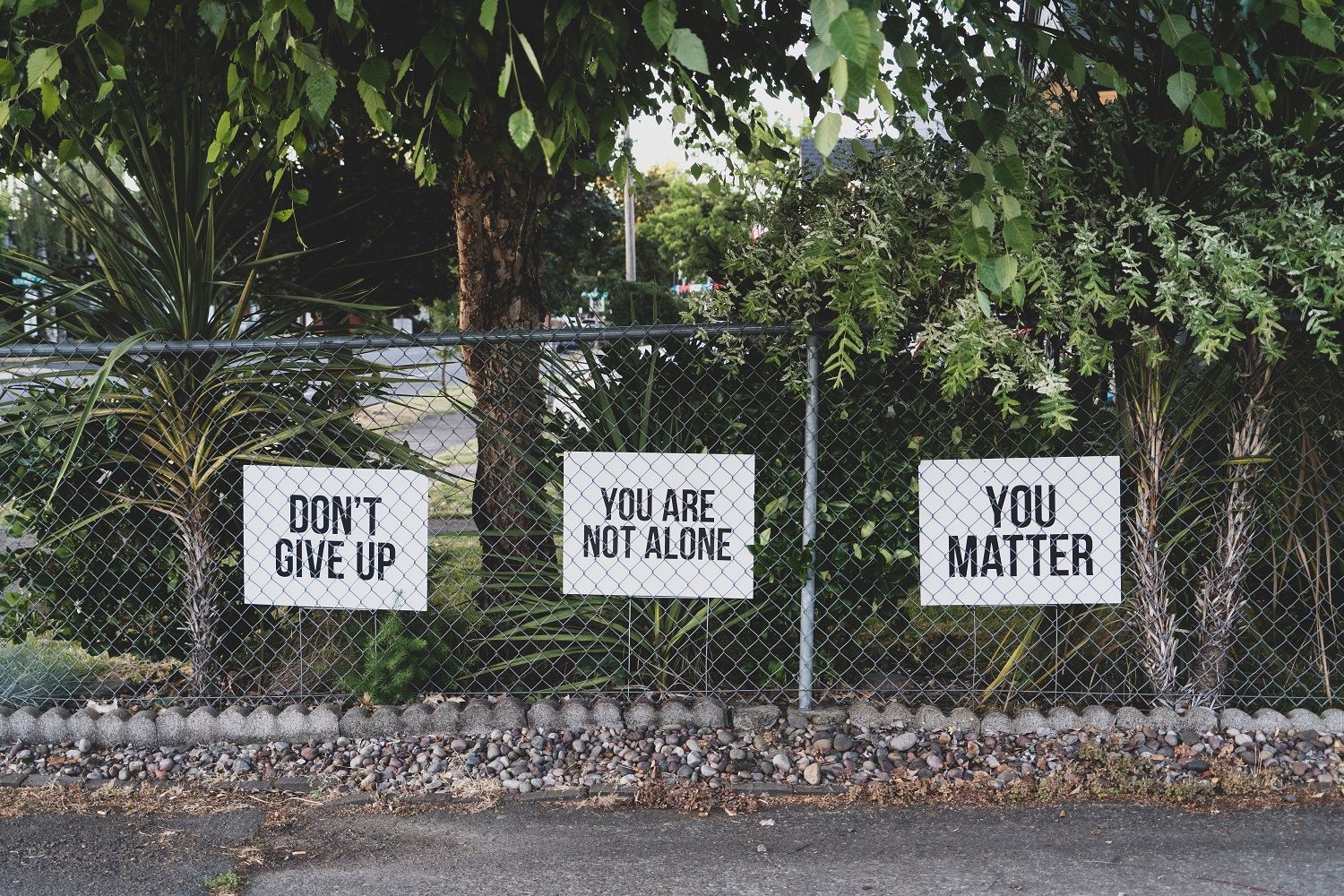- Home
- About
- Benefits & Services
- State Veterans Homes
- Nevada Veterans Memorial Cemeteries
- Community
- News
- Suicide Prevention
- Opioid Prevention
- Donate
- Fallen Heroes
- Nevada’s Veterans Memorials
- Calendar/Events
- Nevada Transition Assistance Program (NVTAP)

By Chuck N. Baker
The tragedy of military and veteran suicide remains in the spotlight. Last year, the Air Force alone registered 84 suicides, up from 60 in 2018.
Kim Donohue is the Veterans Suicide and Homelessness Prevention Manager with the Nevada Department of Veterans Services. The Silver State like others is faced with an epidemic of suicides by veterans and by active duty service people. Professionals like Donahue work with many organizations to find solutions to prevent suicide.
A few years ago, leaders, such as Las Vegas Mayor Carolyn Goodman, signed on to an initiative called “The Mayor’s Challenge to Prevent Suicide Among Service Members, Veterans and their Families.” The initiative started through a partnership between the U.S. Department of Veterans Affairs and the Substance Abuse and Mental Health Administration. The success from this initial Mayor’s challenge led to a similar initiative in the north becoming “The Truckee Meadows Mayor’s Challenge,” and from that, now “The Governor’s Challenge.”
These initiatives are all aimed at finding a holistic solution to prevent suicide and involves all key players from each community to be involved in finding solutions and answers. Donahue was recently featured on the radio program, “That’s America to Me,” on 97.1 FM, ESPN 100 FM, and KWWN 100.9 FM in Las Vegas. Below is a summary of the broadcast:
“We have to look at the whole comprehensive situation. It’s not just tackling the mental health aspect,” Donohue explained. “Our military population is at a higher risk for suicide and homelessness,” she added.
Approaching and identifying individuals who may be considering suicide often calls for a vocabulary all its own. For example, when meeting someone who may have been in the military, asking “Are you a veteran?” can sometimes trigger a negative response. Donahue suggests that asking “Have you ever served in the U.S. military?” is a softer approach and can get the individual more attuned to conversation.
“Not everyone who has served in the military and worn a uniform identifies themselves as a veteran, for one reason or another,” Donohue said. A non-apologist activist, Donohue said welfare and health agencies that ask clients to fill out intake forms should strongly consider using the latter question.
Donohue has personally come across individuals who had considered taking their own lives, including some who actually had written plans on how and when to accomplish the act. She has been able to successfully intervene and to get them to proper health care personnel to have them triumph over adversity.
It’s important to know how to identify those who may have suicidal tendencies. A question such as, “Are you feeling alright?” can provide an opportunity to open up a positive conversation. Explaining that you sense that a person may not be feeling well might open an opportunity for them to ask for help.
When Donohue does come across such individuals, she gets them connected with the right people who can navigate the situation. She said the Southern Nevada Healthcare System along with satellite offices around Las Vegas and in Pahrump all have resources to help.
The Veterans Crisis Hotline is (800) 273-8255. Many private hospitals and clinics can also be of assistance. She works with a statewide team consisting of military, state, federal and community-based organizations.
Individuals who want to get involved as volunteers or who want to obtain more information can contact Donohue by going to www.veterans.nv.gov and click on the suicide prevention tab. Donahue can also be reached at (775) 825-9847, or (702) 403-9117.